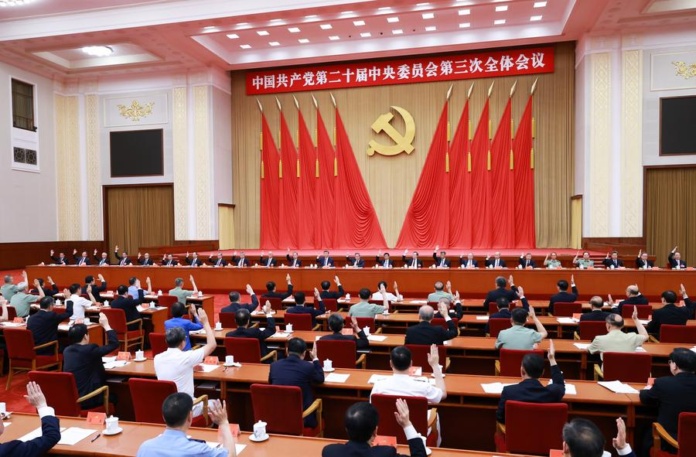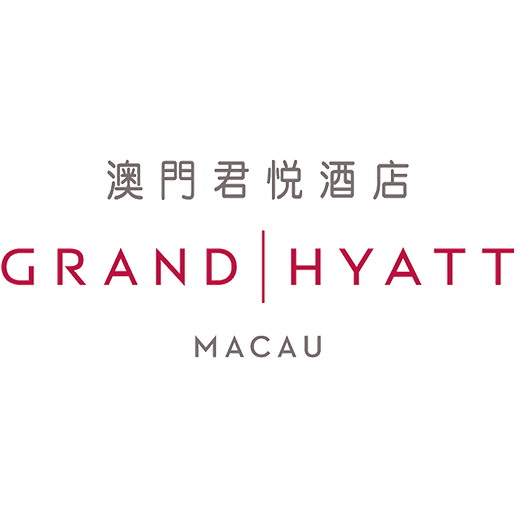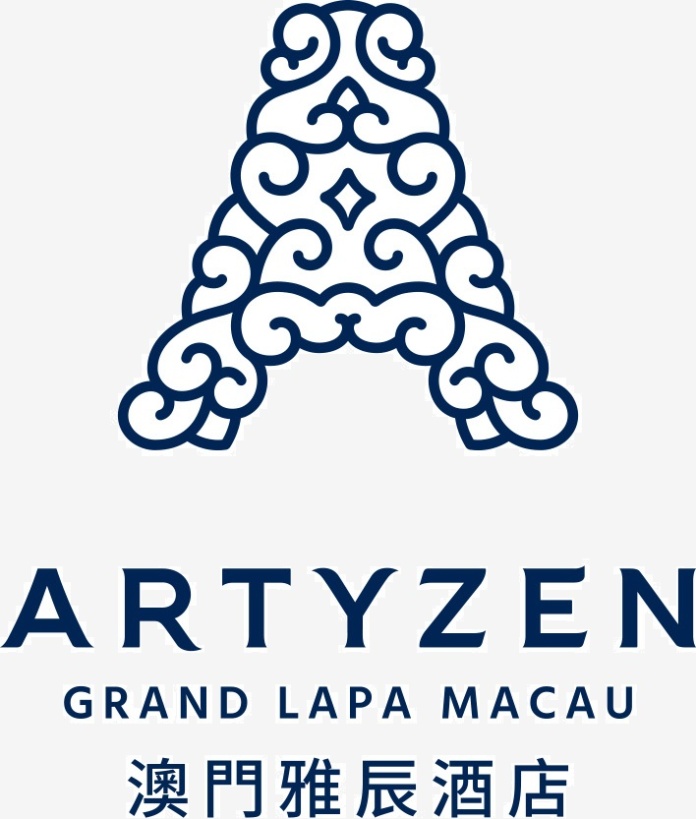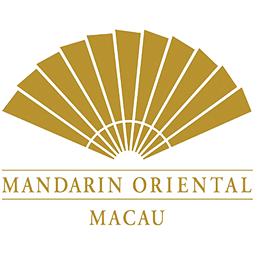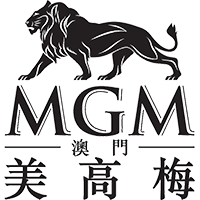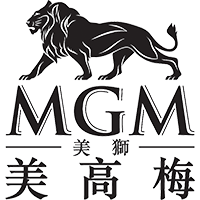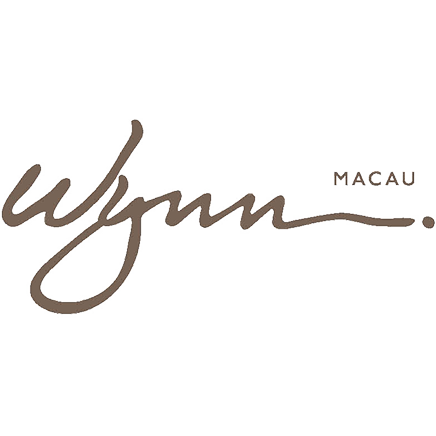The four-day Third Plenum of the Central Committee of the Communist Party of China (CPC) ended on July 18, delineating a comprehensive set of reforms and designating the year 2029 as the timeline of completing these reforms and the year 2035 as a target of achieving “high-quality socialist market economic system.” Overall, stability amid persistent economic and social reforms are the main themes of the Third Plenum.
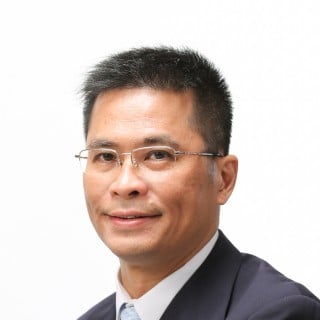
The Plenum approved an important decision on the Central Committee’s further comprehensive and deepening reforms and on the promotion of Chinese-style modernization. The objectives are to improve the basic system, to realize the modernization of the national governing system and capability, and to achieve a strong socialist modernized nation.
Economically speaking, the decision mentions the need to construct a unified big market in China, improve the market economy, reform the new high-quality productive system, deepen financial/monetary and tax reforms, and lay the foundation of the 15th five-year plan.
Clearly, the socialist market economy and its permanent reforms remain the pillar of China’s economic modernization with an emphasis on the acceleration of new productive forces and on their related reforms at the level of superstructure (values and institutions).
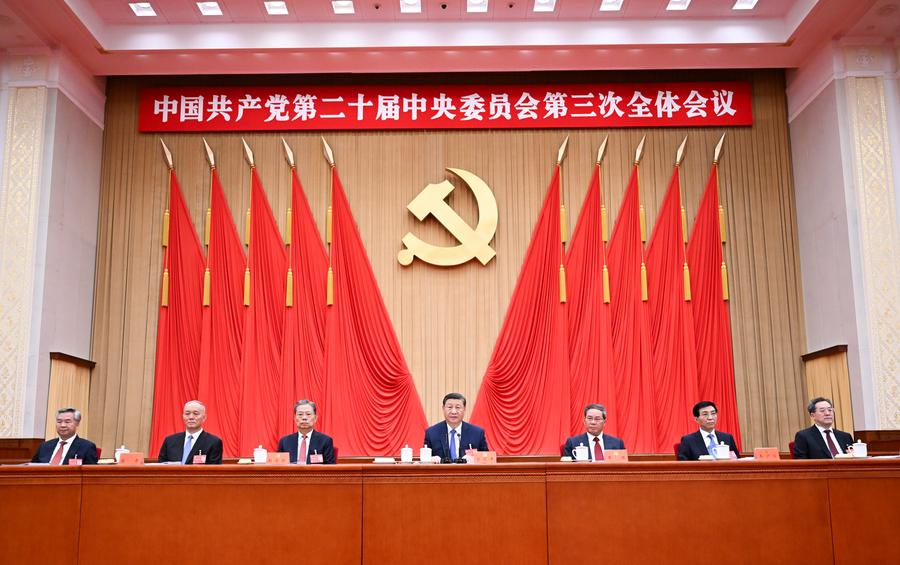
In terms of risks management, the decision emphasizes the necessity of preventing and solving the debts of the land and property sectors, the local government and small and medium enterprises. Moreover, there is a need of leading public opinion and preventing and solving the risks of ideological development.
What these phrases implied was that the central authorities learnt a lesson from the failure of the Evergrande Group to deliver property projects that led to some public discontent. The conglomerate’s fiasco heightened the crisis consciousness of the central and local authorities who have recently tightened the process of auditing work in the land and property sectors.
With regard to opening the door to the outside world, the decision mentions the need to expand the openness of the economic system in a stable manner, to deepen reforms in external trade, and to persist in managerial reforms to attract foreign investment and improve China’s investment in other countries. In this way, a high-quality Belt and Road system will be established.
Politically, the decision vows to improve and perfect the basic political system, meaning that the national and local legislatures as well as the people’s consultative conferences will continue to be reformed as crucial supervisory mechanisms.
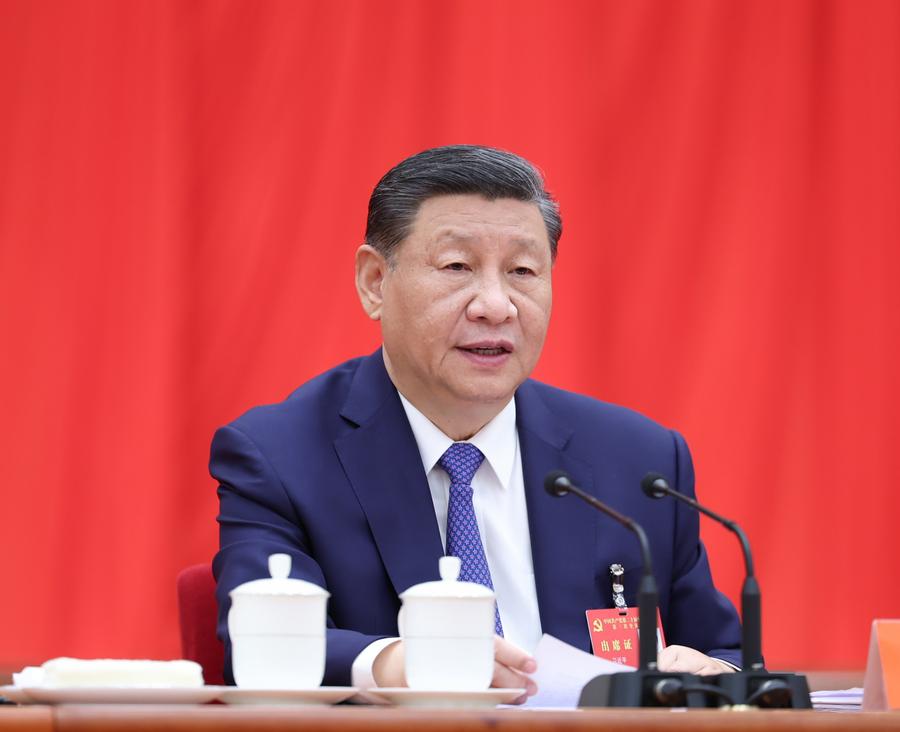
Culturally, the decision emphasizes cultural confidence, pointing to the need for a responsibility system in ideological work, a healthy governing system for cultural development and an effective international media system.
Clearly, persistent ideological and propaganda work remain the cornerstone of reforms in China.
In terms of livelihood improvement, the decision points to the improvements of the distribution system, the policy priority of providing employment and the necessity of deepening medical care and health system reforms.
Obviously, social stability through the betterment of the people’s livelihood is the linchpin of the Third Plenum’s decision.
The decision also elucidates the importance of improving the national security system, the governing mechanism for public safety, the social governance system and the national security mechanism that deals with external relations.
Securitization has actually remained a prominent trend of Chinese reforms since 2012, analytically speaking.
In the area of external relations, the decision says that China participates in and takes the leadership of the global governance system, reform and construction while resolutely protecting national sovereignty, security and developmental interest.
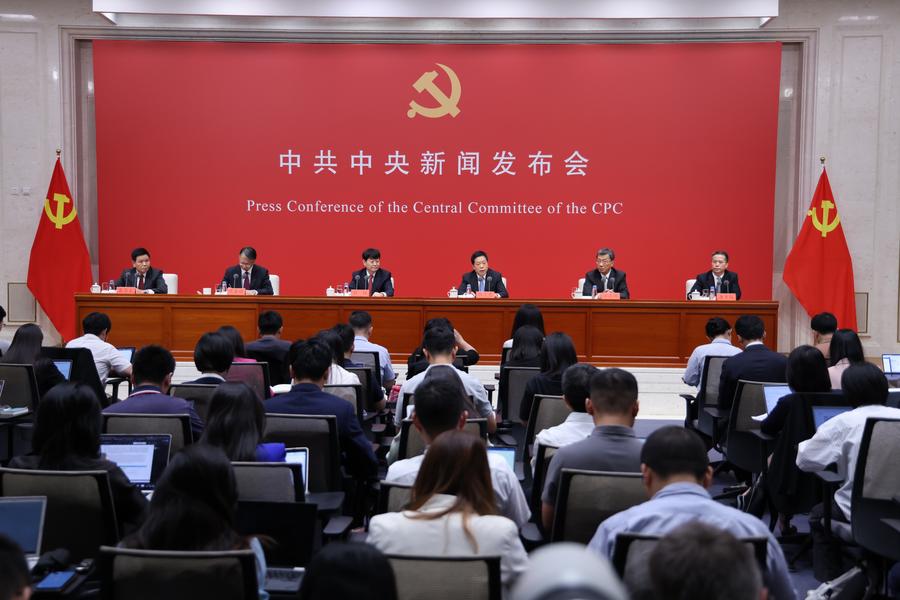
Other crucial aspects of the decision includes the need for reform of state-owned enterprises (injecting more competition into the energy and railroad sectors); the support of civilian enterprises to partake in the nation’s large infrastructure projects; the standardization and integration of high-quality markets in electricity, digital data and rural-urban land use. Moreover, the entity economy and the digital economy have to be integrated further in the process of infrastructure modernization and high-quality development. The local government’s financial difficulties will be tackled through the process of giving the localities more autonomy in expanding their tax revenues and increasing the central government’s proportion of local-level expenditures. Public services will be improved for registered households and low-income and poor households in rural areas, including the supervision of the manufacturing and distribution of food products with proper subsidies.
New economic and social groups will be explored to assist employment with an emphasis on party leadership. Finally, anti-corruption work persists while strengthening a monitoring system to prevent abusing the prosecution process of anti-corruption.
Analytically, the CPC plays the leadership role in all aspects of reforms, ranging from the injection of more competitive elements in the socialist economy to the re-invigoration of social organizations supportive of the government and societal employment.
Basically, strong governance is the focal point of the Third Plenum.
Interestingly, its decision is not only pragmatic but also frank, acknowledging that the demand side of the economy remains weak.
In terms of personnel management, ex-foreign minister Qin Gang resigned from his position in the Central Committee – a more graceful exit than those corrupt military commanders such as former minister Li Shangfu and former rocket force chief Sun Jinming who were dismissed from the party.
The implications for Hong Kong and Macau are obvious: while Hong Kong and Macau practise capitalism under the “one country, two systems,” both cities are expected to persist in all kinds of reforms in the economic, social, cultural and livelihood aspects. If social stability and economic prosperity are the twin foci of permanent reforms in the mainland, the ruling authorities in both Hong Kong and Macau are naturally expected to deliver more in these two crucial dimensions.
In conclusion, the decision of the Third Plenum continues to build China up as a strong nation punctuated by the emphases on persistent economic reforms, systemic improvements, socio-political stability, economic prosperity, the betterment of the people’s livelihood, the permanence of socialist market modernization, and the leadership of the CPC.
*Sonny Shiu-Hing Lo is a political scientist, veteran commentator, and author of dozens of books and academic articles on Hong Kong, Macau, and Greater China




